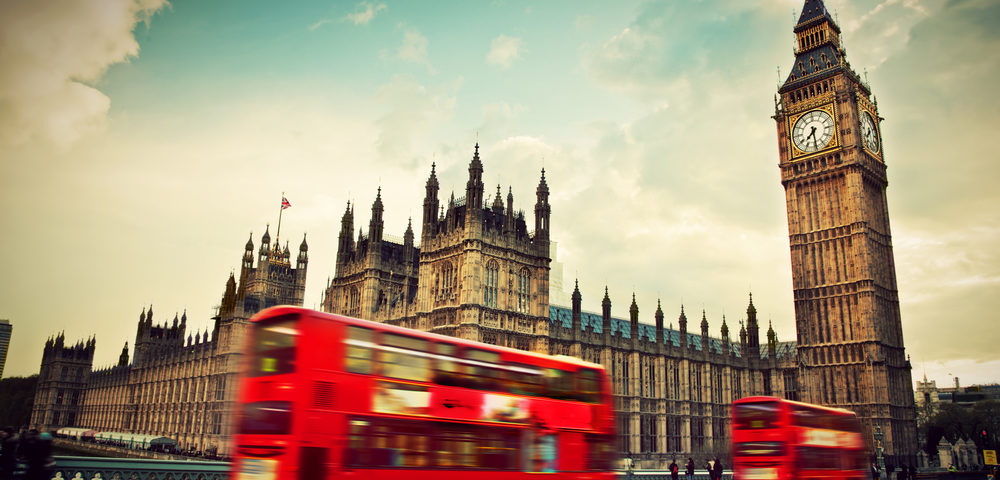Ministers from Israel, Bahrain and the United Arab Emirates have discussed the peace enhancing tourism opportunities created by the signing of the Abraham Accords this September, which formally normalised relations between the countries.
Their remarks came in an online session entitled Tourism: The Path to Peace in the Middle East that was part of the UNWTO, WTTC and WTM Ministers’ Summit on Monday of this year’s WTM Virtual.
Already the first commercial flights between Israel and the UAE have taken place and a future 28 direct weekly passenger flights connecting Tel Aviv with Abu Dhabi and Dubai have been announced. There are expectations that tourism will lead the way in inter-country relations.
“Travel makes us more tolerant and accepting of other cultures. Besides the economic impact, we’ll soon realise we have much more in common,” said Dr Ahmad bin Abdullah Belhoul Al Falasi, the UAE Minister of State for Entrepreneurship and SMEs.
Israel’s Minister of Tourism Orit Farkash-Hacohen said: “The tourism industry is going to put things into a fast forward motion. I feel like we’re witnessing history unfolding.”
The response to the Accords in Bahrain has so far exceeded expectations.
“I knew it would happen eventually, I didn’t expect it to happen so fast to be honest, and not to be received so well,” said Zayed bin Rashid Al Zayani, the country’s Minister of Industry, Commerce and Tourism in the Kingdom of Bahrain.
Complementary rather than competing business interests should further help drive the interaction between the countries while experience of welcoming other cultures should make the new interactions easier.
Dr Al Falasi stressed his country’s diverse population.
“We are international; we are a melting pot. Adding Israel to the pot will make it even tastier,” he said, adding that he anticipated strong tourism demand.
UAE hotels are already introducing Kosher meals in preparation for welcoming Israeli tourists while Israel is recruiting tour guides with good Arabic.
Israel’s Islamic and historical sites are expected to be of interest to travellers while the high tech attractions of the UAE will draw visitors in the other direction.
Marketing for multi-centre tourism across all three Accords countries was even under discussion.
The ministers expect World Expo in Dubai next October to be a ‘great opportunity’ for their destinations to showcase their tourism potential to each other and possibly even lead to others joining the Abraham Accords.
Dr Al Falasi said that the fact the agreement was of commercial value rather than simply a peace pact was its strength, particularly in encouraging young people to get on board.
“There’s a lot of economic prosperity coming out of it, it’s not just to avoid war.”


